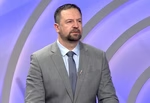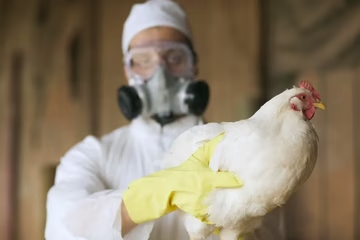Germany to check all diplomas of Bosnians working there

German media are still buzzing with stories about the thriving fake-diploma business in Bosnia and Herzegovina, following the Zurnal magazine’s investigative story. The reason being the increasing number of Bosnian nurses and caregivers working in Germany, Deutsche Welle wrote.
Oglas
After the Zurnal magazine’s journalist allegedly bought a medical high school diploma in just 17 days, Bosnian Parliament said that diplomas of all the Parliament employees would be checked. However, journalist Avdo Avdic noted this would not achieve much, adding that Bosnia would have to tackle the fraud mechanisms and punish orchestrating them.
German State Radio Deutschlandfunk published a report from Sarajevo titled “Caregiver in 17 days.” The report said that Bosnian State Prosecution is doing little to tackle the problem.
According to them, more than 50,000 Bosnian residents came to Germany in 2016 and 2017 – many of them working in fields where Germany lacks workforce. All these people must have their diplomas approved by competent German institutions, but the problem is these diplomas are not counterfeit.
Oglas
Germany’s RTL television reported that one could buy a diploma for less than € 1,250, adding that the problem is how to tell the real diploma from a fake one.
“These are real, original diplomas, but they are fake because the people receiving them had no training in the field,” RTL said. This means that a caregiver in Germany could actually be a car mechanic.
Speaking to RTL, German Health Care Minister Jens Spahn said they need competent, but apart from their papers, the Ministry is checking the caregivers’ competence.
The Die Zeit daily wrote that more than 35,000 mostly youths left Bosnia in 2017. Speaking to the daily, Andreas Deppermann from the Bremen based Profco company, said they are well aware that people can buy diplomas in Bosnia and that it is an open secret.
Oglas
“That’s why we always check our candidates. Annually we get two to three candidates with fake diplomas, but we’re able to deal with the issue successfully,” he said.
The way this company does it is by calling the hospitals from Bosnia to ask whether the candidate underwent any training there.
Another way is by ceasing cooperation with the Employment Mediation Agency from Bremen, as the Diepholz clinic did, and checking all the diplomas of their employees from Bosnia.
No one actually knows how many caregivers from Bosnia are working in German retirement homes and hospitals with fake diplomas.
Kakvo je tvoje mišljenje o ovome?
Učestvuj u diskusiji ili pročitaj komentare
Oglas
Kakvo je tvoje mišljenje o ovome?
Učestvuj u diskusiji ili pročitaj komentare
Oglas





 Srbija
Srbija
 Hrvatska
Hrvatska
 Slovenija
Slovenija



























































